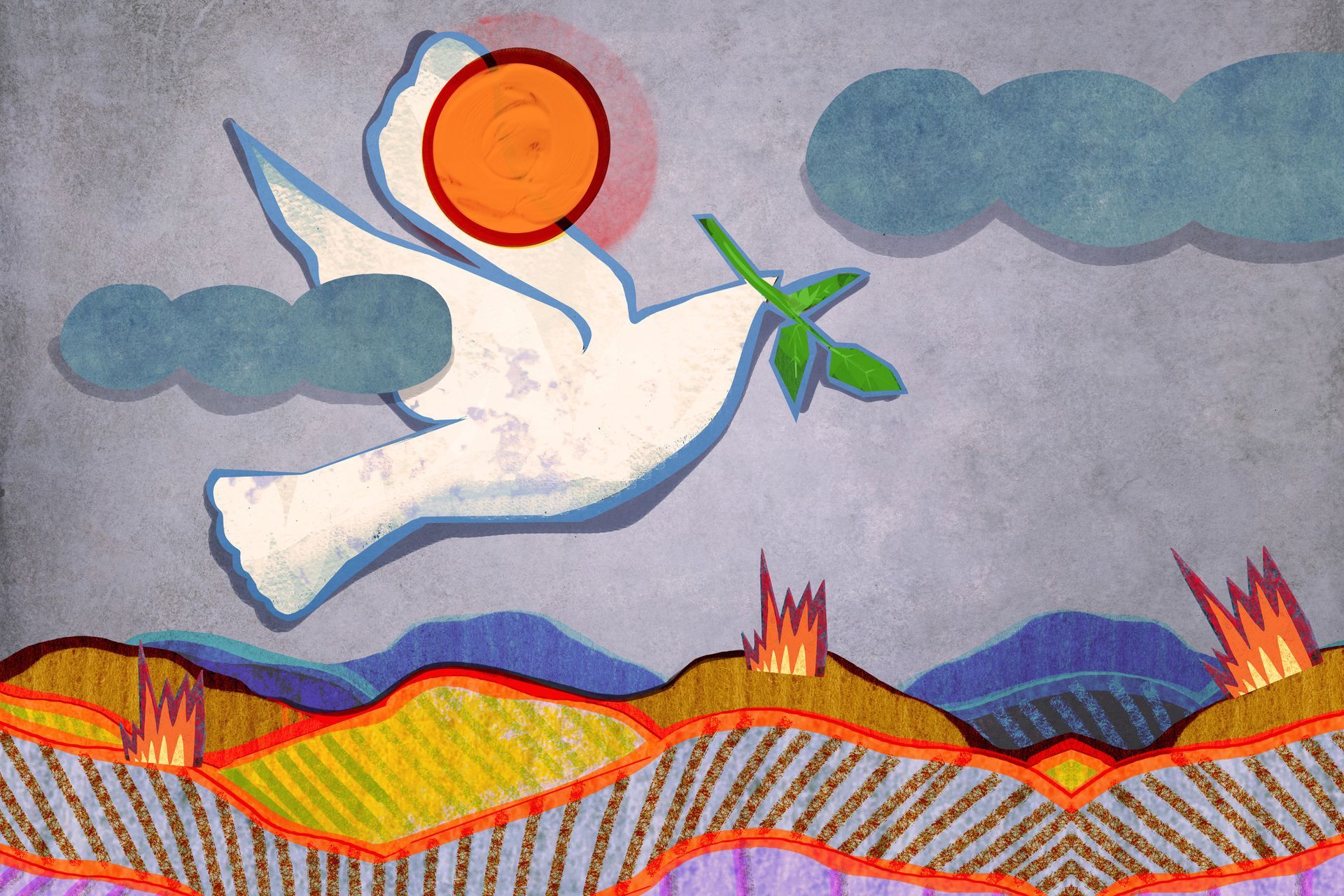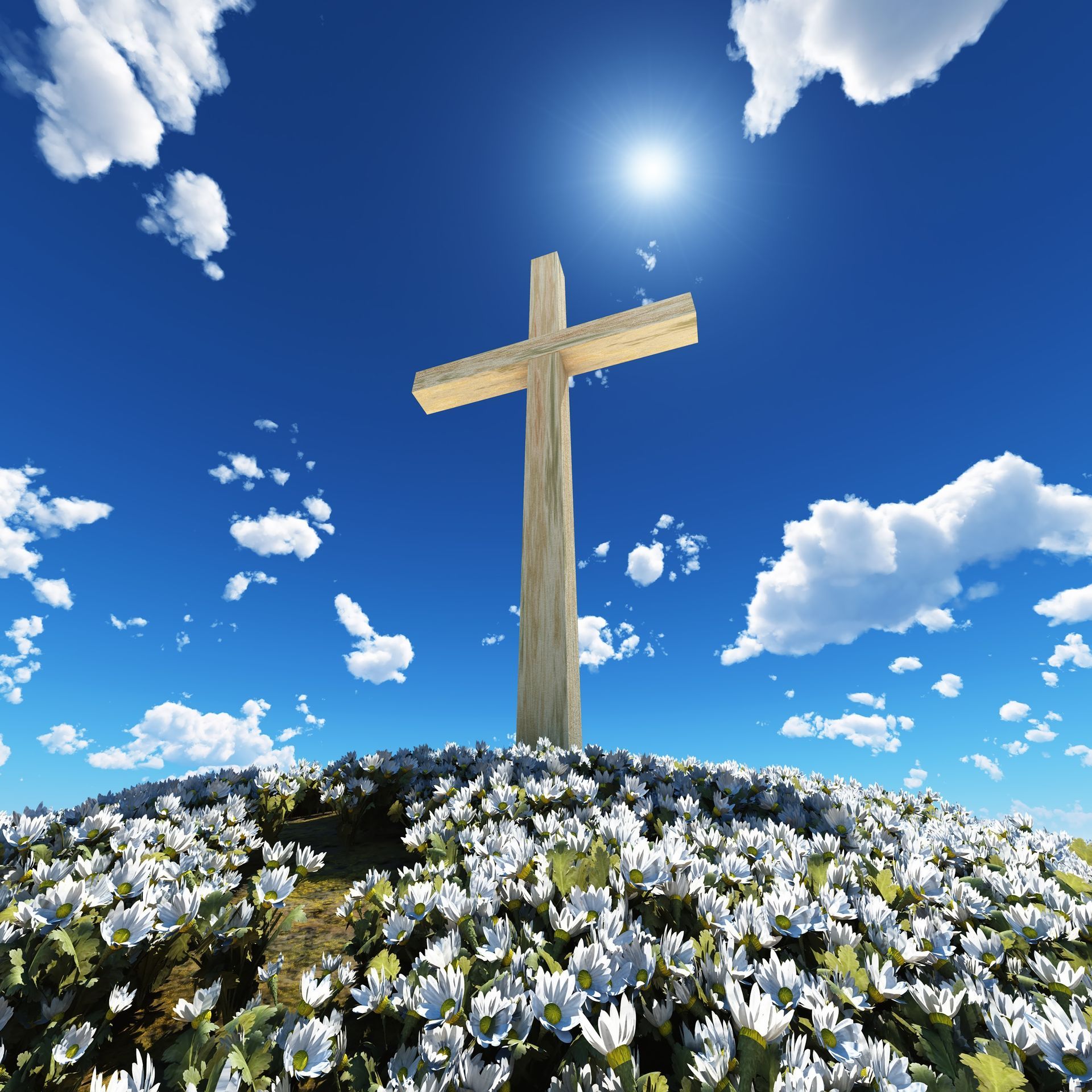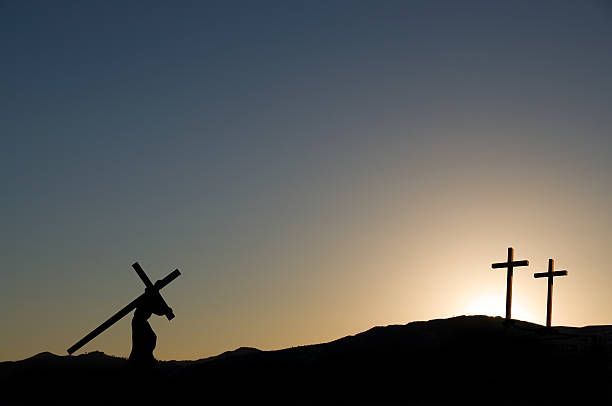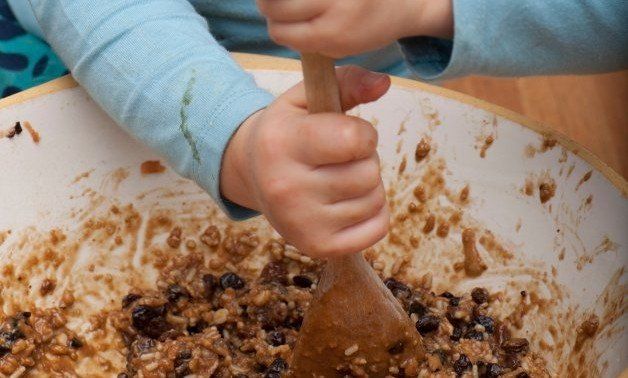Stir up Sunday
Which is this last Sunday in the Church’s year to be – Stir Up Sunday orthe Feast of Christ the King?
November 26 th is the last Sunday in the ecclesiastical year, which doesn’t coincide with the secular year. It is known by at least two names.
Officially defined in the Anglican Church as the Sunday next before Advent, it has for a great many years been known by the informal term of Stir Up Sunday. This name comes from the opening words of the collect for the day in the Book of Common Prayer, first published in 1549. Originally in Latin, this collect began with the words Excitas quaesumus which is translated in the present edition as Stir up we beseech Thee, O Lord, the wills of Thy faithful people.
I am told that the mixture for a Christmas pudding needs to stand for several weeks before being cooked. So, especially in England and by the association of ideas, this Sunday became a reminder to cooks to start stirring the pudding mix for Christmas. I have discovered that, by tradition, a Christmas pudding should be made of 13 ingredients to represent Christ and His disciples, that it should always be stirred from East to West in honour of the Wise Men, and that every member of the family must give the pudding a stir and make a secret wish.
The thrill of Christmas pudding in my young days was not just the richness of it (the rationing in World War II made such delights a rare thing) but the discovery in the pudding on Christmas Day of a coin in the portion of the pudding served to us. I’m sure the coin, an old silver sixpence or a three-penny bit, was added to our dish as we were being served, probably to ensure we each found one as we ate it, but traditionally it should be put into the mix ready for the stir up on this Sunday. The coin is supposed to bring wealth to whoever finds it, but that has never been my experience.
Today, Stir Up Sunday is also becoming known as the Feast of Christ the King. It is a much more recent designation than Stir Up Sunday, being instituted by Pope Pius XI in 1925 at a time of rising nationalism in Europe, especially in Germany and Italy. Drawing attention to the importance of Jesus as King, above earthly rulers like Hitler and Mussolini, the feast was originally celebrated on the last Sunday in October. Since this was changed to the last Sunday in the liturgical year by Pope Paul VI in 1969, the idea of having a special Sunday to think about and celebrate the Kingship of Christ has been taken up by many Christian denominations.
For the last Sunday in the Church year to have such a theme is to bring the year to a fitting climax, moving as it does from the looking forward to Christ’s birth which starts in Advent to His ultimate acclamation as King of kings. Though that celebration on this Sunday is relatively new, it is quite appropriate as one of the readings for Stir Up Sunday in the lectionary of the Anglican Church is John 18.33-37 where Jesus debates with Pilate about whether or not He is king and what it means. His sovereignty is quite different to that of
earthly potentates.
Stir Up Sunday or the Feast of Christ the King? Take your pick, but perhaps it doesn’t really matter what we call the last Sunday in the calendar of the Church if we stir ourselves up to proclaim that Jesus is indeed our King.











